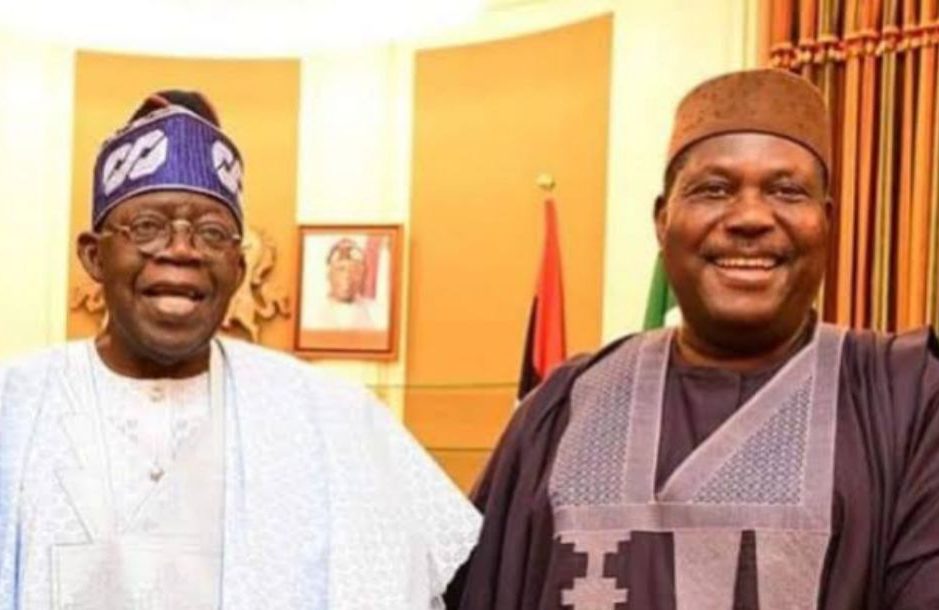The North Central chapter of the All Progressives Congress (APC) has issued a stern warning to dissenting members and factions against disparaging key party figures, including President Bola Tinubu, National Chairman Abdullahi Ganduje, and Secretary to the Government of the Federation, George Akume. This admonition follows a surge of public criticism targeting these leaders, emanating from both prominent political figures and grassroots groups. The party’s North Central leadership characterized these attacks as unwarranted and disruptive, emphasizing the need for unity and respect within the party’s ranks. The warning signals a potential crackdown on internal dissent as the APC seeks to consolidate its power and implement its agenda.
The backdrop to this internal conflict is a growing wave of discontent within the APC. High-profile figures such as former Kaduna State Governor Nasir El-Rufai and former Minister of Transportation Rotimi Amaechi have publicly voiced their concerns, accusing the party leadership of consolidating power and marginalizing dissenting voices. El-Rufai has gone so far as to describe the APC as a “zero-man show,” indicating a deep fracture within the party’s structure. Amaechi has warned of potential electoral malpractice in the upcoming 2027 elections, a claim that further exacerbates tensions and fuels suspicion within the political landscape. These pronouncements, coupled with the online attacks against Akume, highlight a broader struggle for influence and control within the ruling party.
The North Central APC’s response underlines the leadership’s determination to quell internal dissent and project an image of unity. The zonal leaders and state chairmen convened an emergency meeting in Abuja, where they resolved to take decisive action against those deemed to be undermining the party’s leadership. This move suggests a potential shift towards a more centralized and disciplined approach to party management, possibly involving sanctions against dissenting members. The party leadership’s strong endorsement of Akume and the five elected governors in the zone also serves to reinforce the established power structure and discourage further challenges from within.
The public condemnation of the attacks against Akume, in particular, highlights a sensitive political dynamic within the North Central zone. Akume’s ongoing feud with Benue State Governor Hyacinth Alia has become a focal point for internal strife, with accusations and counter-accusations circulating on social media. The zonal leadership’s explicit defense of Akume signals an attempt to contain this internal conflict and prevent it from escalating into a broader factional struggle. The emphasis on Akume’s contributions to the party’s growth underscores his importance within the APC’s power structure and suggests that the leadership is unwilling to tolerate challenges to his authority.
The broader implications of this internal conflict extend beyond the immediate power struggles within the APC. The public airing of grievances and accusations of authoritarianism could potentially erode public trust in the ruling party. El-Rufai’s call for a united opposition further complicates the political landscape, suggesting the potential emergence of a stronger, more cohesive challenge to the APC’s dominance. The party’s internal divisions could also create opportunities for other political actors to exploit these weaknesses and gain ground in future elections.
The North Central APC’s warning serves as a clear indication of the leadership’s intent to maintain control and enforce discipline within the party. However, the underlying issues driving the internal dissent remain unresolved. The accusations of power consolidation, marginalization, and potential electoral malpractice raise serious concerns about the future direction of the ruling party. The party’s ability to effectively address these internal challenges will be crucial in determining its long-term stability and its capacity to govern effectively. The coming years will likely witness a continued struggle for influence within the APC, with potentially significant consequences for the Nigerian political landscape.


